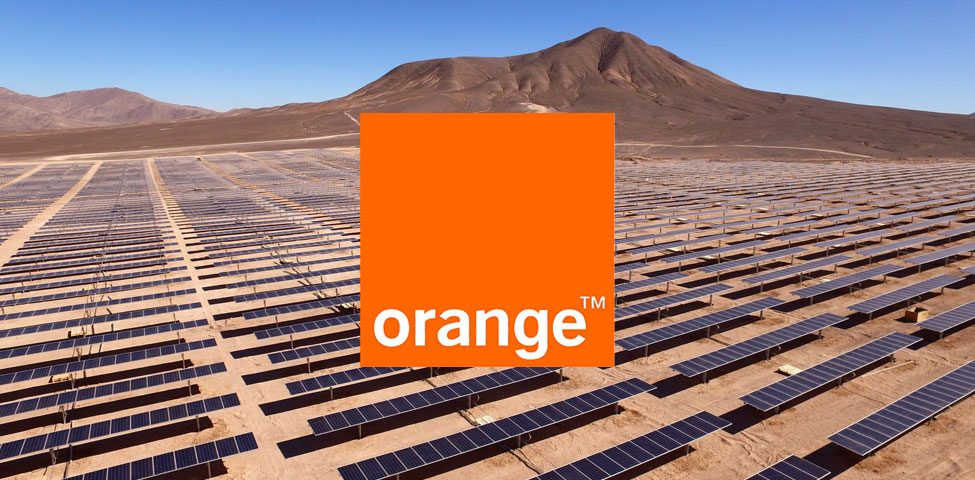Solar Farms in the Desert
Solar power is set to play an essential role in helping achieve Jordan’s goal of having renewables meet 20% of its energy needs by 2020. Regional volatility and a lack of hydrocarbon reserves spurred the government to develop one of the most comprehensive policy frameworks for renewable energy projects in the Middle East.
With 80 per cent of the power produced in Jordan coming from diesel and other fossil fuels, almost all of which is imported results in added taxes and costs that could be removed if energy is sourced from ‘greener’ avenues. Jordan is now seeking to beat its 2020 targets, aiming to produce 25 per cent of its electricity from renewables.
In May 2012, faced with disruption of cheap LNG supplies from Egypt, Jordan’s government raised the electricity rates on banks and telecom companies by 150% overnight. The new rate of 0.265 JODs (0.37 USD) per kWh was close to 40% above the cost of generation at the time. The rate hike increased the 3 MNOs electricity cost by around 40 million JODs (56.3 million USD) per year. The hike, which did not have an expiry date nor any condition related to the actual cost of generation, allowed the government to subsidise electricity costs for other sectors at the expense of the telecom sector.
By early 2018, all of Jordan’s Mobile Operators had conducted feasibility studies, and Orange launched a Request for Proposal (RFP) to establish Solar Farms for electricity generation based on a design, build, finance, and operate (DBFO) model wherein, they are able to save costs with no capitalised expenditure and to significantly reduce their CO2 emissions, and subsequently contracted a massive solar farm project. Orange is one of the largest operators of mobile and internet services in Europe and Africa and a global leader in corporate telecommunication services. Read more at https://www.orange.com.
In partnership with E-Dimension, a member of The Jordan Telecom Group, Orange Jordan has entered a 20 year wheeling agreement with an option to buy after 3 years, with Kawa Energy to construct three solar farms, located in the Ma’an, in the mid-region, MDC Farm in Irbid, in northern Jordan and the Khaldieh Farm in the south of the Northern region. This project anticipates savings of 50 – 60% of the current energy bill.
Solar energy has now become cheaper than traditional fossil fuels and is now either the same price or less expensive than new fossil fuel capacity in more than 30 countries, the low price of solar is encouraging companies to build more plants to harvest energy and pass on those savings to their customers. The solar energy potential in Jordan with average solar radiation ranging between 5 and 7 KWh/m2, which implies a possibility of at least 1000GWh per year annually or 330 days of sunshine each year.
Orange Jordan is setting a new standard for sustainable corporate social responsibility (CSR). In line with its role as an international company with a local spirit, Orange Jordan is committed to continuing its CSR strategy, inspired by one of the key pillars of its five-year corporate strategy Essentials 2020.
The GSM Association (“Association”) makes no representation, warranty or undertaking (express or implied) with respect to and does not accept any responsibility for, and hereby disclaims liability for the accuracy or completeness or timeliness of the information contained in this document.

